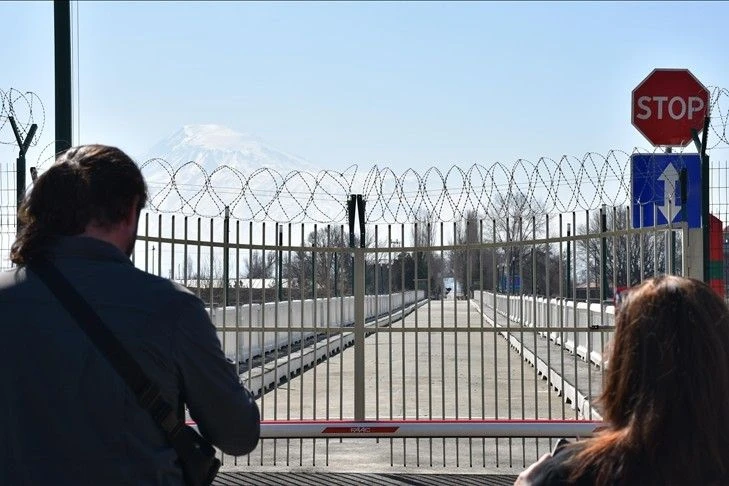UN warns world is on track for up to 2.5°C of warming, far beyond safe limits

The planet is still speeding toward dangerous levels of warming despite years of lofty pledges, the United Nations has warned in its latest Emissions Gap Report, released Tuesday.
Even if all current national climate promises are met, the world is set to heat by 2.3°C to 2.5°C by 2100, a full degree beyond the 1.5°C Paris Agreement target meant to avoid catastrophic impacts. With policies already in place, that number climbs to 2.8°C.
“Nations have had three attempts to deliver on Paris promises, and each time they’ve landed off target,” said UNEP Executive Director Inger Andersen. “Progress has been made, but it’s nowhere near fast enough.”
The report drops just days before COP30 in Brazil, where leaders will again face the widening gap between words and action.
Global emissions rose 2.3 percent in 2024, driven largely by India, China, Russia, and Indonesia, UNEP found. The G20 economies are responsible for three-quarters of all emissions, and among the top six polluters, only the European Union managed to reduce its carbon output last year.
The United States, meanwhile, has backslid under President Donald Trump, who has rolled back climate policies and moved to exit the Paris Agreement entirely. UNEP estimates that the reversal will add 0.1°C of warming to global averages, and that other nations will have to cut an additional 2 billion tonnes of CO₂ annually just to compensate.
The difference between 1.5°C and 2°C may sound small, but scientists stress it could mean the loss of entire ecosystems.
“Every tenth of a degree has ramifications,” said Adelle Thomas, vice chair of the UN climate impacts panel. “It matters in heatwaves, in coral reef survival, and in sea-level rise. Communities already at the edge will feel every fraction of it.”
At just 1.4°C of warming, most tropical coral reefs are dying, and tipping points for ice sheets and the Amazon rainforest are drawing closer.
Only 60 countries, representing 63% of global emissions, have submitted updated 2035 mitigation plans by the UN deadline. The agency urged governments to “step up and speed up” efforts to avoid a permanent breach of the 1.5°C threshold.
“A temporary overshoot of 1.5°C is now inevitable — starting in the early 2030s,” said UN Secretary-General António Guterres. “But this is no reason to surrender. It’s a reason to act faster. The science is clear: this goal is still within reach — if we truly increase our ambition.”









The latest news in your social feeds
Subscribe to our social media platforms to stay tuned